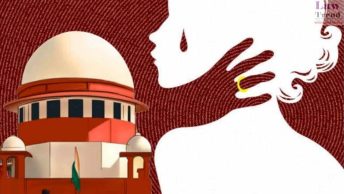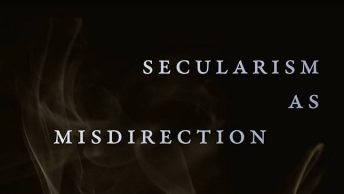Justice Shah, Chief Justice of the Delhi High Court, retired yesterday. His liberalism, sensitivity and legal acumen are there for anyone to see in a string of landmark cases. Naz Foundation, judges assets case and the rickshaw-pullers case are only the most recent of cases where he wrote or joined in the Court’s judgment. A list of his other important judgments is available at this link. The list includes his order in B. G. Deshmukh v. State of Maharashtra, where a political party was required to pay damages for encroaching on rights of citizens during bandhs (the judgment, whose principle was affirmed by the Supreme Court in a later case, continues to be relevant in the current context where Shiv Sena has used violence and threats of violence for political purposes). He also quashed orders censoring Anand Patwardhan’s controversial films. Other important cases relate to disability, women’s rights, PILs etc.
As our readers have noted in the comments section of a previous post, for reasons we can only speculate upon Justice Shah was not elevated to the Supreme Court—a request from the Central Government to the collegium to consider doing so notwithstanding. Fali Nariman said of Justice Shah that “I have always been of the firm opinion that he is a role model for all judges and if he could not make it to the Supreme Court, allow me to say that the collegium system has not worked”. It is the Supreme Court (and the people of India) that stand to lose.
Although the collegium is unlikely to review its decision, it is important to note that Justice Shah will continue to be qualified for appointment as a judge in the Supreme Court for the next three years. The qualifications mentioned in Article 124(3)(a) of Constitution do not require a person to be a ‘sitting’ judge of a High Court, only that they have been a High Court judge for at least five years. If the much-criticised collegium system of appointments is replaced by a new authority any time soon, as has been promised by the government, Justice Shah should be considered as one of the best-qualified candidates for appointment to the Supreme Court. But more than the fate of the individuals involved, it is the institutional question that needs urgent attention: the case highlights the problems that plague the opaque and allegedly nepotistic system of judicial appointments.
Update: Readers may be interested in reading Karuna Nundy’s tribute to Justice Shah, which notes some other important judgments delivered by him which were not mentioned above.






An interesting piece by Manoj Mitta quoting Fali Nariman insightful speech throws light on this issue. It can be found at
http://judicialreforms.org/files/Times_of_india_fali%20slams_SC.pdf
Today's HT story ( http://epaper.hindustantimes.com/ArticleText.aspx?article=14_02_2010_007_001&kword=&mode=1 ) confirms what I said earlier that Justice Shah's tragic non-elevation is because of one man. Though the story doesn't name him, it clearly asserts that the country needs an explanation. I already named him for the benefit of the blog's readers, he is Justice Kapadia, who will be our next CJI unless some miracle happens. He doesn't like Shah ever since they were together in Bombay bar. So his personal dislike holds ground and collegium doesn't even do a professional evaluation of people's record as HC judges.
Justice Patniak's elevation was stalled because of one individual SC judge (Justice B N Agarwal). Patniak was immediately elevated when that SC judge retired.
This shows collegium has totally failed.
The Supreme Court Collegium can still
rectify the mistake and recommend Justice Shah's elevation. We have the precedent to elevate a judge to the Supreme court. Justice Fatima Bibi, who retired as the judge of the High Court on 29 April 1989 was elevated to the Supreme Court on 6 October 1989, a good more than five months after her retirement.
We need judges like Shah in the Supreme court not for adjudication purposes but for laying down some historical rulings in the fashion and style of Justice Krishna Iyer.
Parmanand Pandey
Adocate